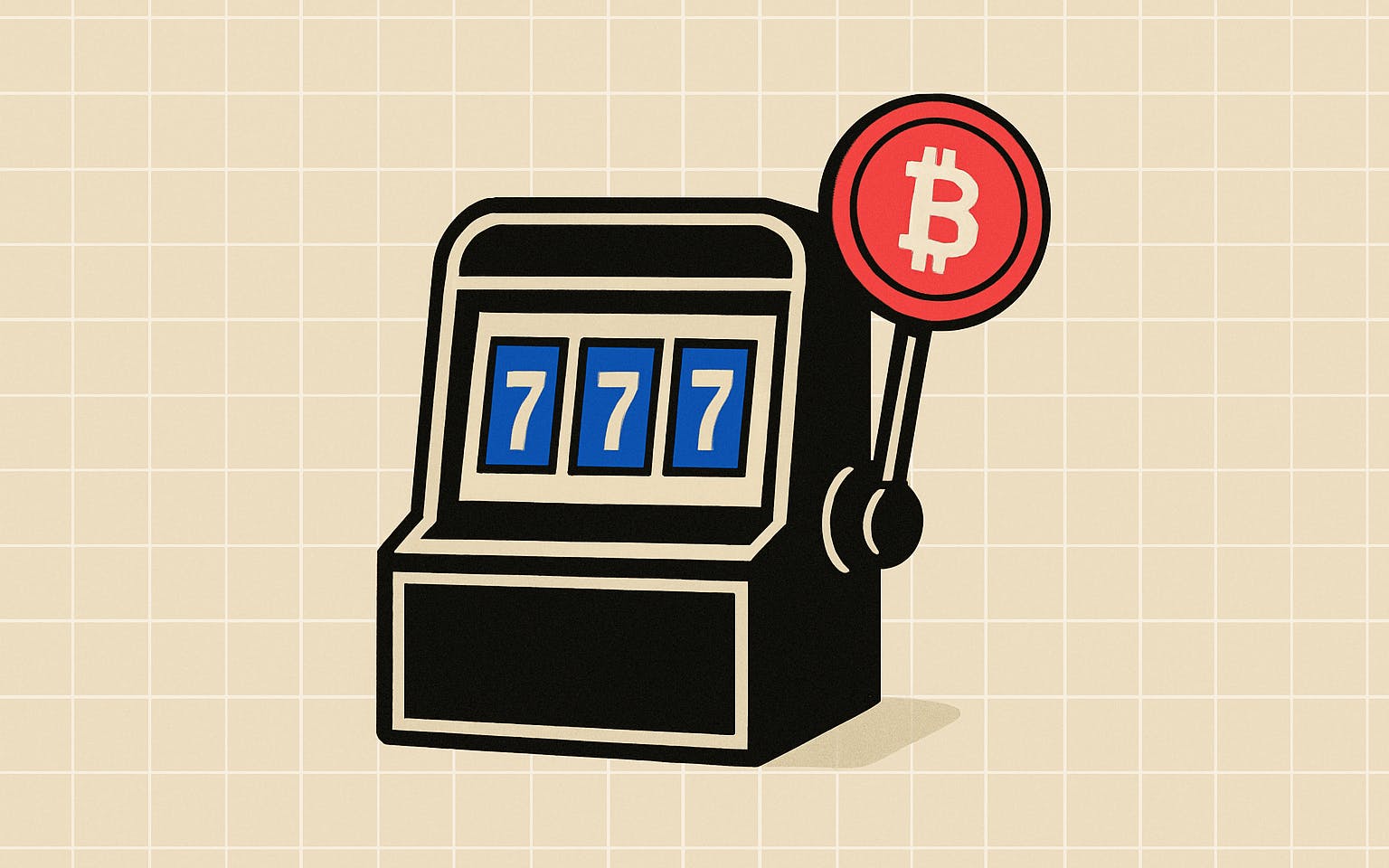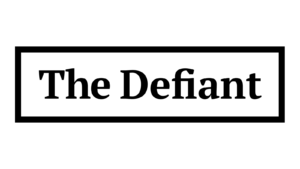Crypto Payments Revolution: Dominating DeFi and iGaming Markets

The Rise of Cryptocurrency in Modern Payment Systems
The Foundation of Decentralized Finance
Cryptocurrency has evolved significantly from its initial role in peer-to-peer transactions and speculative trading. Today, it serves as a viable method for making payments, trading, and accessing various online services. The emergence of decentralized finance (DeFi) marked a pivotal moment, showcasing the practical applications of crypto beyond mere speculation. Users can now lend, borrow, and earn interest without relying on traditional banking systems. By 2021, the total value locked in DeFi platforms exceeded $180 billion globally, with Ethereum leading the charge, supported by networks like Solana and Avalanche that broadened accessibility. This rapid transition from concept to application has established a continuous financial ecosystem.
The challenges of high fees and slow transaction speeds prompted the development of Layer 2 solutions, enhancing the practicality of DeFi for everyday users. Stablecoins, such as USDC and DAI, played a crucial role in this evolution by offering reliable liquidity on-chain, maintaining a stable value while leveraging the advantages of blockchain technology.
Cryptocurrency’s Impact on iGaming
The influence of cryptocurrency has permeated various sectors, including retail, healthcare, and notably, online gaming. Casino platforms were among the first to adopt crypto payments, addressing long-standing issues faced by both players and operators. These platforms now provide quicker withdrawals, reduced fees, and eliminate banking restrictions.
By 2024, the global revenue from crypto-based gambling was projected to reach approximately £64 billion, marking a fivefold increase since 2022. In the UK, crypto betting surged by over 80% during this period, largely driven by international platforms that bypass domestic regulations. These sites typically accept a range of cryptocurrencies, including Bitcoin, Ether, Litecoin, and stablecoins like Tether.
The advantages of using cryptocurrencies extend beyond simple transactions. Some gaming platforms operate entirely on blockchain technology, allowing players to verify outcomes and monitor transactions in real time. With the integration of blockchain, cryptocurrencies, and smart contracts, the need for intermediaries to resolve disputes is significantly diminished.
Enhancing Cross-Border Transactions
Traditional methods of sending money internationally can be slow, costly, and cumbersome. Cryptocurrency offers a solution, with transactions using stablecoins or networks like Bitcoin Lightning often completing within minutes and at lower costs.
Emerging markets have shown a particularly strong adoption of cryptocurrency. A 2023 report from Chainalysis highlighted that countries such as Nigeria, Vietnam, and the Philippines rank high in crypto activity relative to their income levels. In these regions, digital assets are increasingly utilized for daily transactions, savings, and remittances.
International iGaming platforms have demonstrated that supporting cryptocurrency is far more straightforward than navigating the complexities of banking regulations in various markets. Many users are already familiar with using wallets and exchanges, making this transition a natural progression.
Privacy in Financial Transactions
One of the most attractive features of cryptocurrency is its ability to facilitate payments while minimizing the need for extensive personal information. Although not entirely anonymous, blockchain transactions require less data sharing compared to traditional credit card or bank transfers.
This aspect is particularly significant in regions with stringent financial regulations. The appeal of DeFi and cryptocurrency lies in the control they offer, allowing users to access financial tools without needing approval or identity verification. While some protocols are beginning to implement Know Your Customer (KYC) measures in response to regulatory pressures, privacy remains a valued characteristic rather than a loophole.
The Role of Stablecoins
While Bitcoin and Ether often dominate headlines, stablecoins are the backbone of everyday transactions. Whether funding a casino account or participating in a lending pool, these pegged tokens provide stability and predictability.
In 2024, stablecoins like Tether (USDT) and USD Coin (USDC) ranked among the top five cryptocurrencies used in iGaming transactions, according to SoftSwiss. However, Bitcoin and Ether still accounted for 76% of crypto gambling transactions. For many users, stablecoins offer the advantage of price stability, facilitating easier budgeting and quicker processing.
Maintaining a consistent balance is crucial for effective money management, whether for online gambling, international transfers, or DeFi participation. Knowing that £100 today will remain £100 tomorrow is a significant benefit.
Regulatory Developments in Cryptocurrency
As cryptocurrency continues to gain traction, regulatory bodies across Europe and the UK are tightening their oversight. The European Union’s Markets in Crypto-Assets (MiCA) regulation, set to be fully implemented by the end of 2025, outlines comprehensive requirements for crypto service providers, including licensing, capital requirements, and mandatory disclosures for asset issuers. Platforms dealing in stablecoins will face usage caps unless they are properly registered and backed.
In the UK, the Financial Conduct Authority (FCA) has adopted a more stringent approach to crypto promotions and consumer protection. Starting in October 2023, firms marketing cryptocurrency to UK consumers must adhere to stricter advertising standards, including clear risk warnings and cooling-off periods for first-time buyers. Additionally, custodians are expected to maintain detailed records and separate client assets.
For iGaming platforms that accept cryptocurrency, this may necessitate a complete overhaul of how they handle deposits, withdrawals, and user onboarding. Operators in the UK may soon be required to conduct more thorough identity verifications, even for crypto transactions, to comply with anti-money laundering (AML) and KYC regulations. Some are already adapting by collaborating with regulated custodians and implementing transaction monitoring tools.
DeFi projects are also facing increased scrutiny. Although many operate without a central authority, regulators are looking to apply existing financial regulations to developers, interface providers, and governance token holders. This rapidly evolving landscape means that platforms with connections to UK or EU markets may soon need to register or limit access to avoid penalties.
The Future of Payments: Fast and Accessible
Consumers increasingly demand payment options that are quick, user-friendly, and available at all times. Cryptocurrency meets these criteria, eliminating bank downtime and third-party delays. Whether placing a bet, minting a token, or transferring funds, transactions can be completed in minutes.
Despite the existing learning curve, advancements in wallet applications and onboarding processes are making it easier for users to engage with cryptocurrency. Tools like MetaMask and Trust Wallet are now integrated into a variety of services, enhancing accessibility.
Conclusion
It is clear that cryptocurrency is becoming an integral part of mainstream payment systems. In sectors such as DeFi and iGaming, digital assets are firmly established. Whether for reasons of privacy, speed, or accessibility, cryptocurrencies are addressing gaps that traditional financial systems struggle to fill. They have transitioned from experimental technologies to essential components of modern financial transactions.







